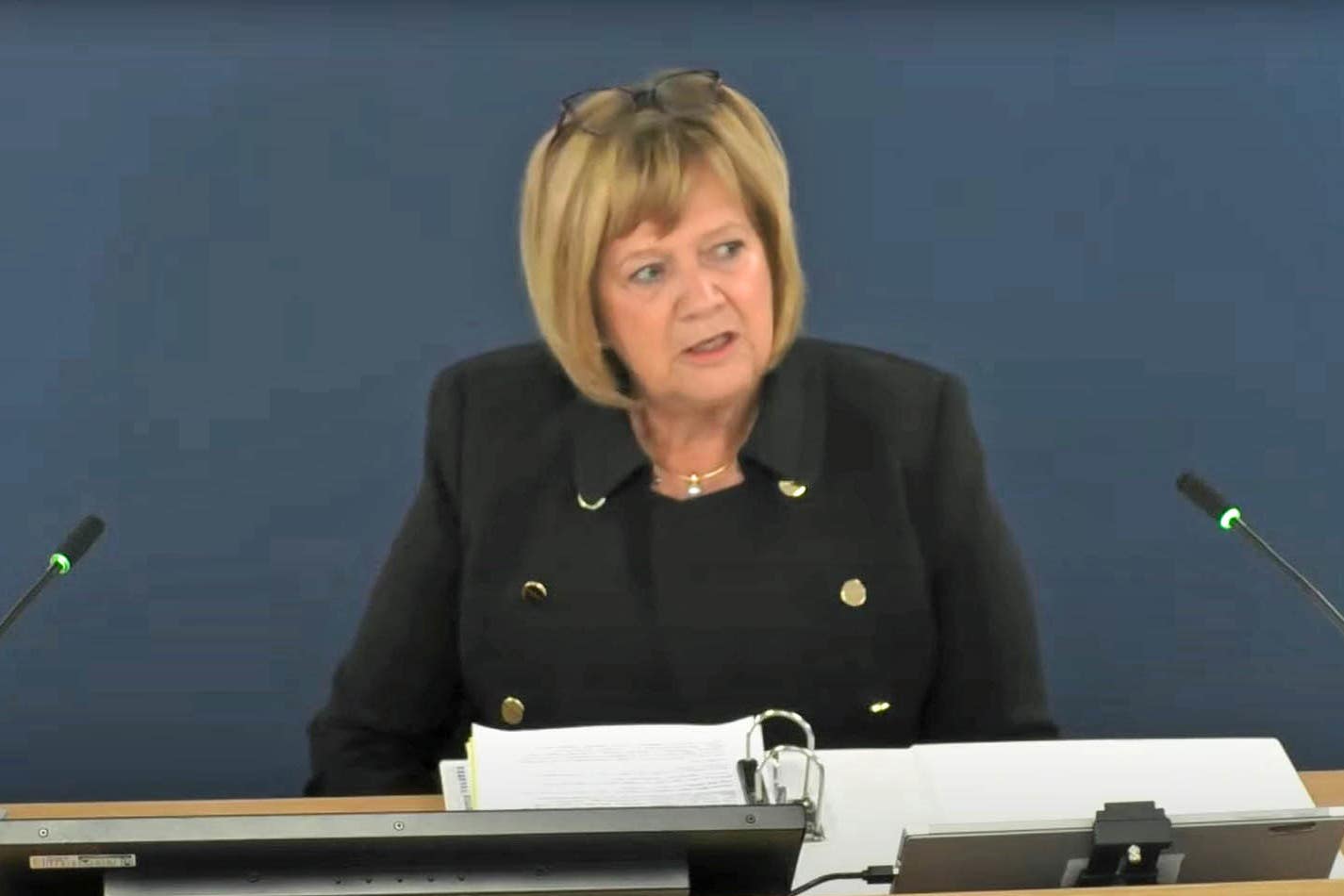What does the Covid inquiry mean for Rishi Sunak?
Things will have been said and done in the heat of the emergency that will look bad in the cold light of day, says Sean O’Grady


The government has asked for a judicial review to be held into whether it has to abide by the order made by Baroness Hallett, chair of the Covid-19 inquiry, to submit various unredacted documents, emails, WhatsApp messages and so on to the team carrying out the investigation. The move by No 10, which has set Rishi Sunak against Boris Johnson and provoked dissent among government ministers, has highlighted once again the role and powers of the Covid inquiry, and raised questions about how effective it is likely to be.
What is the Covid-19 inquiry?
Since the basic structures were set up under a law passed in 1921, the Tribunals of Inquiry (Evidence) Act, there have been basically two types of public inquiry – statutory and non-statutory. The Inquiries Act of 2005 strengthened and modernised the framework.
Non-statutory inquiries have a looser framework in terms of the rules about evidence, can work more rapidly, and are generally used for more targeted investigations, albeit famous ones. These include the current Angiolini Inquiry into the failure of the Metropolitan Police to prevent the murder of Sarah Everard, among other crimes; the Denning inquiry into the Profumo affair in 1963; and the Hutton Inquiry into the death of Dr David Kelly, which reported in 2004.
The Covid-19 inquiry is a statutory inquiry, because of the sheer scale and pervasive effects of the pandemic, and because of the public concern about how the government responded. Previous comparable statutory inquiries include the Leveson Inquiry into the behaviour of the press, and the two inquiries into Bloody Sunday – the second of which, under Lord Saville, took 10 years and cost at least £180m. The Covid inquiry is expected to take about three years to complete – taking its conclusion well beyond the next general election. Public hearings are expected to conclude in the summer of 2026.
What is the inquiry for?
In the words of Boris Johnson, announcing his decision on 12 May 2021 to set up a statutory inquiry, the intention was that it should have “full powers under the Inquiries Act 2005, including the ability to compel the production of all relevant materials and take oral evidence in public under oath ... and will place the state’s actions under the microscope, and we should be mindful of the scale of that undertaking and the resources required to do it properly”. Note the early use of the word “relevant”, though without any indication of who should decide what is relevant: this is the matter that has prompted the government’s pursuit of a judicial review.
Otherwise, the inquiry is there to find out what went wrong, and why; and to determine the lessons that must be learned to help prepare for a future pandemic. A parallel statutory inquiry to cover devolved decision-making has been set up by the Scottish government, under Lady (Anna) Poole, a senior judge.
Why does it need all this information?
So that the inquiry will be able to weigh the evidence and reach well-informed and sound conclusions, and consequent recommendations – thus providing a measure of justice to the bereaved and a service to the nation.
As Hallett eloquently puts it in her recent ruling, rejecting the attempt by the Cabinet Office to redact aspects of the evidence: “I regard all these documents as being of significance in two ways. First, they contain information that is potentially relevant to Module 2 of the Inquiry, which is investigating core political and administrative decision-making by the UK government during the pandemic. Second, I consider there will be an expectation on the part of Core Participants, and also on the part of the public generally, that I will satisfy myself that all relevant contents of these documents are disclosed for use in the Inquiry and that I and my team will keep that position under review as the Inquiry progresses, and ensure that any additional disclosure is made as necessary.”
Why are Rishi Sunak and his officials so reluctant to send the inquiry the evidence in full?
Quite simply out of fear of embarrassment and the habit of secrecy. Hallett has no intention of publishing everything, and the material she does end up putting in her report and using in cross-examination will necessarily be essential to fulfilling her terms of reference, set out on a statutory basis. But Sunak and his colleagues may not trust that she will be sufficiently discreet, or that the information won’t be leaked or compromised (ie hacked or stolen).
Inevitably, as we’ve already seen in previously confidential information supplied by Dominic Cummings and Matt Hancock, things will have been said and done in the heat of the emergency that will look bad in the cold light of day. Sunak as chancellor may well have made mistakes, or not taken scientific advice sufficiently seriously when he claimed to be following it.
The chances are that nothing significant will emerge to damage him before the election. But the early stages of the inquiry, looking into preparedness, may well concern the behaviour of Jeremy Hunt, now chancellor and a long-serving health secretary in the years before the pandemic. The Covid inquiry, through its public examination of, say, David Cameron and George Osborne, may also raise questions about the effect of austerity on the capacity of the NHS to cope with emergencies.






Join our commenting forum
Join thought-provoking conversations, follow other Independent readers and see their replies
Comments